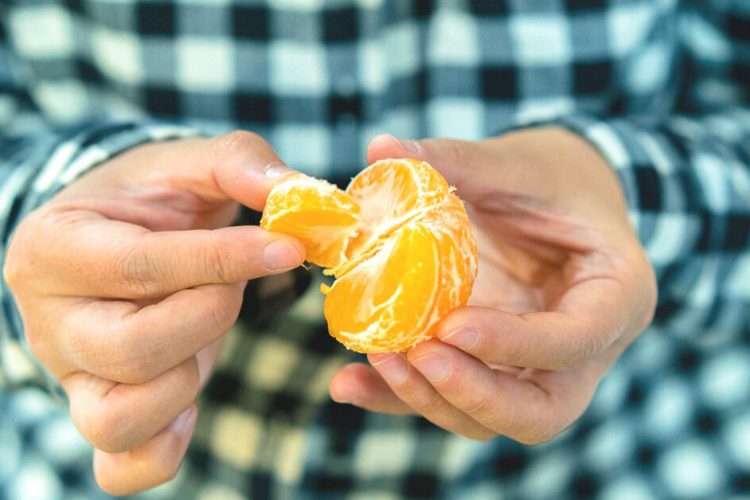One of the most common dental problems is bleeding gums. This can be caused by a number of things, including brushing too hard, gum disease, or vitamin deficiencies. Luckily, there are a few simple steps you can take to improve your gum health. In addition to brushing and flossing regularly, you should also avoid certain foods that can aggravate your gums. Here are some foods to avoid if you have bleeding gums:
Tomatoes
Bleeding gums can be a sign of gum disease, which is caused by bacteria in plaque. Plaque is a sticky film that forms on your teeth and gums. If plaque is not removed, it can harden and turn into tartar. Tartar is difficult to remove and can irritate your gums, causing them to bleed. Tomatoes are acidic and can contribute to gum inflammation. Furthermore, the seeds in tomatoes can get stuck in the gaps between your teeth and gums, providing a breeding ground for bacteria. For these reasons, it is best to avoid tomatoes if you have bleeding gums. Instead, opt for foods that are less acidic and less likely to cause gum irritation. These include milk, cheese, chicken, and fish. By eating the right foods, you can help keep your gums healthy and prevent gum disease.
Spicy foods
As anyone who has ever bitten into a jalapeño can attest, spicy foods pack a powerful punch. But while they may be a delicious way to add some flavor to your food, they can also cause problems for your oral health. Spicy foods can increase inflammation and make your gums more sensitive to bleeding. In addition, they can also irritate existing oral health problems such as canker sores and cold sores. If you have bleeding gums, you may want to avoid spicy foods or at least eat them in moderation. However, if you can’t resist the temptation, be sure to brush and floss afterward to help remove any food particles that may be stuck in your teeth or gums.
Processed meats
There are some simple steps that can be taken to reduce the risk of bleeding gums. One of the most important is to avoid processed meats. Processed meats like bacon and sausage often contain nitrates, which can dilate blood vessels and make bleeding gums more likely. In addition, these meats are often high in saturated fat, which can contribute to inflammation. If you enjoy processed meats, be sure to eat them in moderation and brush your teeth afterward. You should also avoid foods that are high in sugar, as they can promote the growth of harmful bacteria in the mouth. By following these simple tips, you can help keep your gums healthy and avoid painful bleeds.
Refined carbohydrates
Sugar is a major culprit in the development of gum disease, as it promotes the growth of bacteria in the mouth. Refined carbohydrates, such as white bread and pasta, are particularly high in sugar and should be avoided if you have bleeding gums. In addition to sugary foods, acidic beverages can also aggravate gum inflammation. Coffee, tea, and soda can all contribute to gum irritation, so it’s best to limit or avoid these drinks if you’re struggling with bleeding gums.
Alcohol
If you have bleeding gums, there are certain foods and beverages you should avoid. Alcohol is a major culprit, as it can dehydrate your tissues, making them more susceptible to injury. It can also reduce the ability of blood clotting, which may prolong bleeding from the gums. Hardy vegetables like celery and carrots can also be problem foods, as they can scrap against the gums and cause bleeding. So if you have bleeding gums, it’s best to stick to soft foods and steer clear of anything too abrasive or acidic.
Certain medications
Certain medications can make your gums more likely to bleed. These include blood thinners, anticoagulants, and nonsteroidal anti-inflammatory drugs (NSAIDs). If you take any of these medications, talk to your dentist about ways to reduce your risk of gum problems.
If you’re noticing bleeding gums, it’s important to see a dentist as soon as possible. While bleeding gums can sometimes be a sign of something minor, like gingivitis, they can also be a sign of a more serious oral health issue. Therefore, it’s best to err on the side of caution and visit a dentist for an evaluation. They will be able to determine the underlying cause of your bleeding gums and recommend the best course of treatment. In some cases, you may need to see an oral surgeon for more complex dental work. If you live in West Valley Utah, an oral surgeon can provide expert care for your oral health needs. Schedule a consultation today to get started on achieving optimal oral health.

